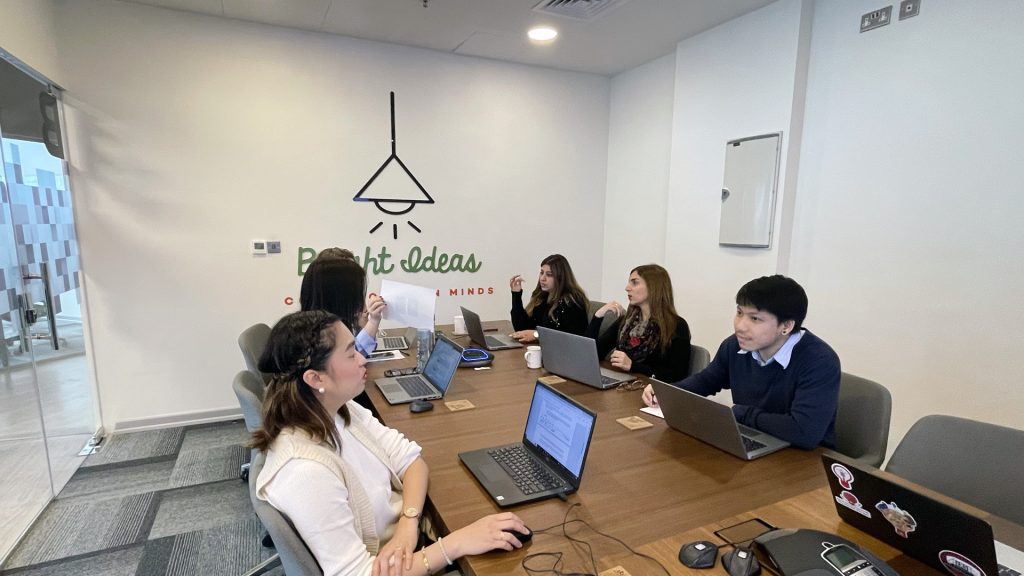In a world that glorifies busyness and constant hustle, the concept of “slow productivity” may seem counterintuitive. However, as Cal Newport argues in his book “Slow Productivity,” “The way we are working no longer works…The relentless overload that’s wearing us down is generated by a belief that ‘good’ work requires increasing busyness—faster responses to email and chats, more meetings, more tasks, more hours.” It’s time to embrace a new approach that prioritizes quality over quantity and allows for profound insights and creative breakthroughs.
Slowing down gives you space to think and time for your work to evolve into something extraordinary. If your output relies on cognitive effort, you are a knowledge worker, and your success will stem less from how busy you are and more from how you discover new ways to get things done.
The slow productivity philosophy is built upon three pillars:
- doing fewer things
- obsessing over quality
- and working at a natural pace.
By implementing tactics such as creating a busyness buffer through office hours and reverse task lists, you can limit the influx of tiny communication tasks that consume your time and focus on the work that truly matters. A busyness buffer is a strategy designed to protect your time and focus from the constant influx of small communication tasks and interruptions that can derail your productivity. As Newport suggests, instead of allowing others to assign tasks to you via email or chat, create a public to-do list (e.g., using a tool like Trello) where people must add their requests directly. This makes your workload visible to others, encourages them to be more specific about their needs, and may even prompt them to solve issues independently when they see how busy you are.
Moreover, slow productivity encourages releasing the pressure to produce constantly, allowing time for experimentation and refinement. This slow and deliberate process can lead to great innovations among teams. It seems like the description, “we are a fast-paced environment” actually works against us.
Embracing slow productivity doesn’t mean sacrificing success or progress. Instead, it’s about focusing on the work that matters most and creating space for profound insights and creative breakthroughs. As Newport advises, “take a second to consider what is worth slowing down for: What project could you take twice as long on and still deem worth completing? What work matters so much that it must not be rushed?”
By slowing down and prioritizing quality over quantity, you can unlock your best work and achieve long-lasting success. So, take a step back, release the pressure to constantly produce, and embrace the power of slow productivity. Your future self will thank you for the extraordinary work you create when you give yourself the time and space to think deeply and work at a natural pace.




































